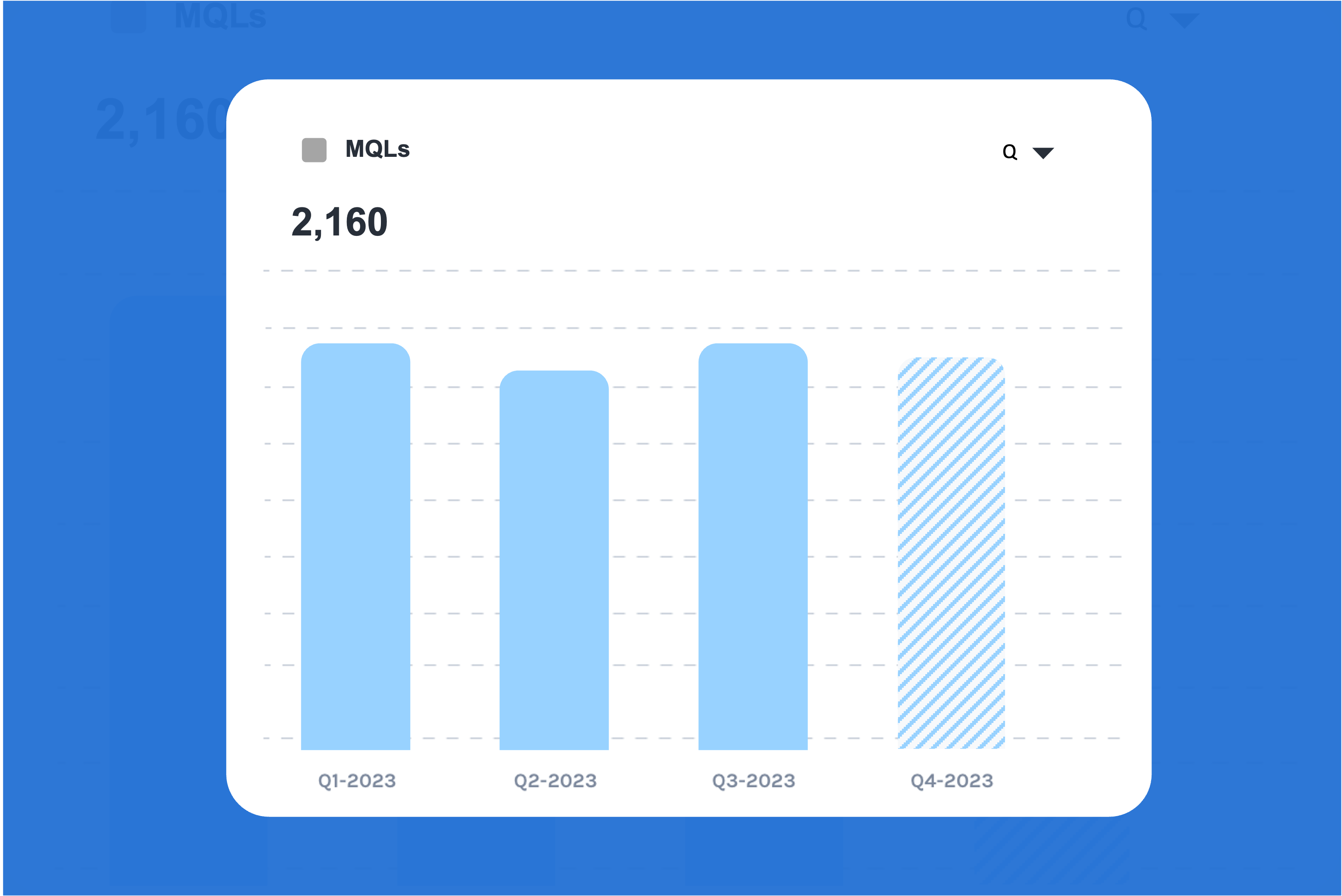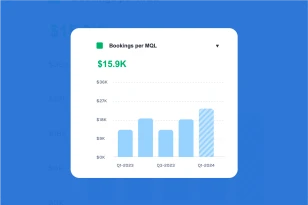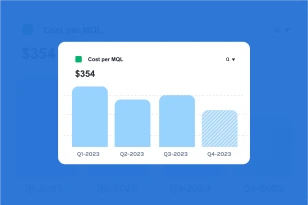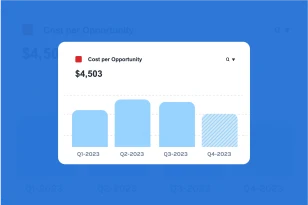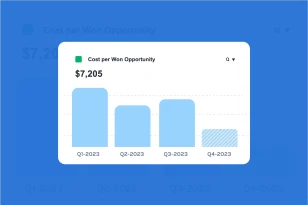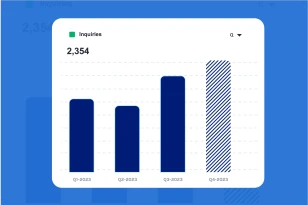What are MQLs?
MQLs, or Marketing Qualified Leads, are individuals or organizations who have shown a certain level of interest or engagement with a business’s marketing efforts, products, or services. MQLs represent a critical stage in the lead generation and qualification process, indicating that these leads have moved beyond the initial stage of general interest and are potentially more receptive to further sales and marketing activities.
Why is it important to monitor MQLs?
Monitoring MQLs is vital for marketing teams as it helps distinguish leads that are most likely to convert into customers. By identifying and tracking MQLs, businesses can focus their resources and efforts on leads that have demonstrated a genuine interest, which increases the efficiency of lead nurturing and improves the alignment between marketing and sales teams.
How do you calculate MQLs?
Calculating MQLs involves defining specific criteria or actions that indicate a lead’s qualification. Common criteria for MQLs may include actions such as downloading a whitepaper, attending a webinar, or demonstrating a certain level of engagement with marketing content. Once criteria are established, leads that meet these qualifications are counted as MQLs.
How can I improve MQLs?
- Refine MQL Criteria: Continuously review and refine your MQL criteria to ensure they accurately reflect your ideal customer profile. This will help identify leads that are more likely to convert.
- Content Strategy: Create and deliver valuable, informative, and engaging content that resonates with your target audience. This can attract and engage potential MQLs.
- Lead Scoring: Implement a lead scoring system to prioritize leads based on their level of engagement and behavior, allowing you to focus resources on the most promising MQLs.
- Marketing Automation: Use marketing automation tools to streamline lead nurturing and personalization, ensuring that MQLs receive tailored content and follow-ups.
- Sales and Marketing Alignment: Foster collaboration and communication between your marketing and sales teams to define MQL criteria, expectations, and the lead handoff process, ensuring a smooth transition from marketing to sales.
By effectively monitoring and optimizing the MQL stage of the customer acquisition process, businesses can improve lead quality, increase conversion rates, and ultimately boost revenue and growth.
